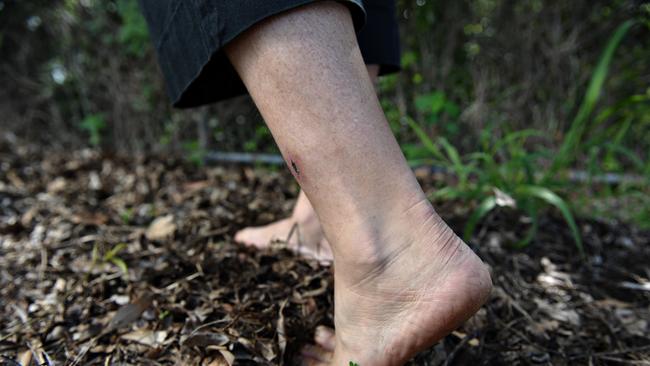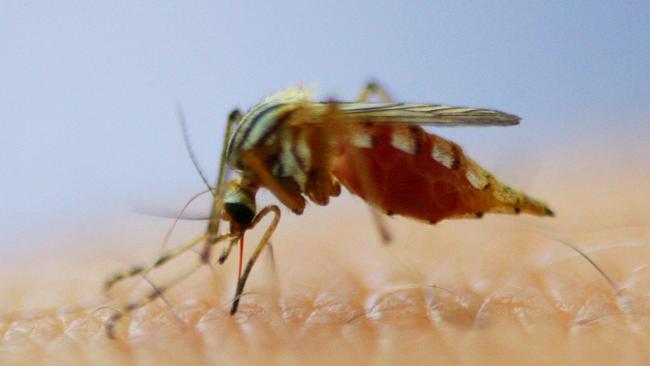Melioidosis kills three people in NT as health experts issue warning
Territory health experts have issued a fresh warning against a deadly soil-borne disease responsible for the deaths of three people this wet season.

News
Don't miss out on the headlines from News. Followed categories will be added to My News.
Territory health experts have issued a fresh warning against a deadly soil-borne disease common to the Top End.
Melioidosis has killed three people in the Top End so far this wet season, while case numbers are above average.
The disease is caused by an organism that lives in soil, which comes to the surface after drenching rains.
Infections are most common during the Top End wet season, from October to April.
“Since the beginning of the current wet season (October 1 2022), NT Health has recorded 38 cases of melioidosis and three deaths,” an NT Health spokesman said.
“During the previous wet season (October 1 2021 to April 30 2022), there were 56 cases of melioidosis and four deaths recorded.
“The number of melioidosis cases detected to date this wet season are greater than the average number of cases for the same time period, compared to the previous five years.
“The Northern Territory has experienced consistently heavy rainfalls and strong, gusty winds this wet season.
“These weather conditions have contributed to the increased number of cases.”
Melioidosis bacteria commonly enters the body through cuts and sores, but it can also be inhaled through dust and droplets when the bacteria becomes airborne during storms.
Territorians are urged to wear shoes when walking outside, gloves when working in soil and a mask when using a pressure hose.
Those with pre-existing conditions likes diabetes, kidney disease, lung disease or cancer are more at risk of serious illness.
The most common symptoms include a fever, cough with mucus, shortness of breath, weight loss, fatigue, abdominal pain and urinary symptoms.

Monsoonal weather also brings a heightened risk of mosquito-borne diseases including Ross River and Barmah Forest viruses.
NT Health Medical Entomology director Nina Kurucz said three cases of the potentially fatal Japanese encephalitis had also been diagnosed in the Top End, the first detected in 2021.
“We are in the midst of the high-risk period for mosquito-borne viruses, and so expect to see an increase in the number of common banded mosquitoes which transmit diseases,” Ms Kurucz said.
“The recent rainfall is a timely reminder for Territorians and visitors to protect themselves against mosquito bites, especially while outdoors.”
Mosquito numbers usually increase around 10 days following heavy rainfall.




